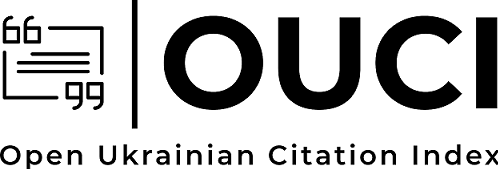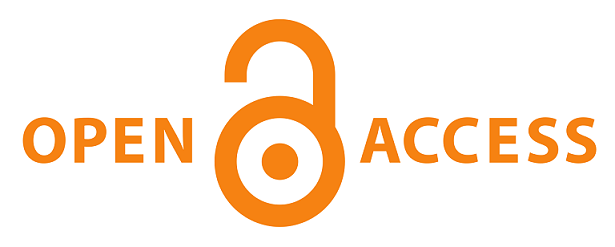Ethics Policy
Adherence to the standards of the Committee on Publication Ethics (COPE)
The journal adheres to international standards of academic integrity and the recommendations of the Committee on Publication Ethics (COPE). All participants in the publication process, authors, reviewers, and editors, are required to follow high ethical principles to ensure the quality and reliability of scholarly publications.
Authorship and contribution
Authorship is based on substantial scholarly contribution. The journal applies the CRediT taxonomy, which specifies individual roles such as conceptualization, methodology, investigation, writing, and editing. All authors share collective responsibility for the content of the publication. Listing individuals who did not make a scholarly contribution is not permitted.
Conflict of interest
Authors, reviewers, and editors must declare any potential or actual conflicts of interest, financial, academic, professional, or personal, that may influence the impartiality of evaluation or editorial decisions.
Equity and inclusion policy
The editorial board upholds the principles of equity, diversity, and inclusion. Decisions regarding manuscript acceptance are made solely on the basis of academic quality, regardless of the authors’ gender, age, nationality, language, ethnicity, religion, political views, social background, or institutional affiliation. The journal is committed to providing equal opportunities for all researchers and fostering an inclusive scholarly environment.
Plagiarism, duplication, fabrication, and falsification
The journal does not accept manuscripts containing plagiarism, self-plagiarism, duplicate publications, or materials based on fabricated or falsified data. All submissions are checked using similarity-detection software. In cases of misconduct, procedures recommended by COPE are applied, ranging from rejection of the manuscript to the retraction of already published articles.
Ethical aspects of research involving humans and animals
For studies involving human participants or animals, authors must confirm compliance with relevant ethical standards. Human studies require informed consent from participants and approval from a local or national ethics committee (where required by law or international norms). Research involving animals must adhere to principles of humane treatment and applicable international protocols. Authors must state in their manuscripts whether ethical approval was obtained.
Use of prior publications and preprints
The journal accepts submissions that have preprint versions deposited in recognized repositories or platforms. Authors must declare the existence of a preprint at the time of submission and provide a reference to it. The use of material from prior publications is allowed only with proper citation and in compliance with copyright regulations.
Policy on advertising materials and external influence
The journal does not consider advertising materials and does not allow the inclusion of hidden advertising or sponsored content that lacks scholarly value. Editorial decisions are made exclusively based on academic merit. The journal operates independently of commercial, political, or other external influences that could compromise the integrity of the publication process.













